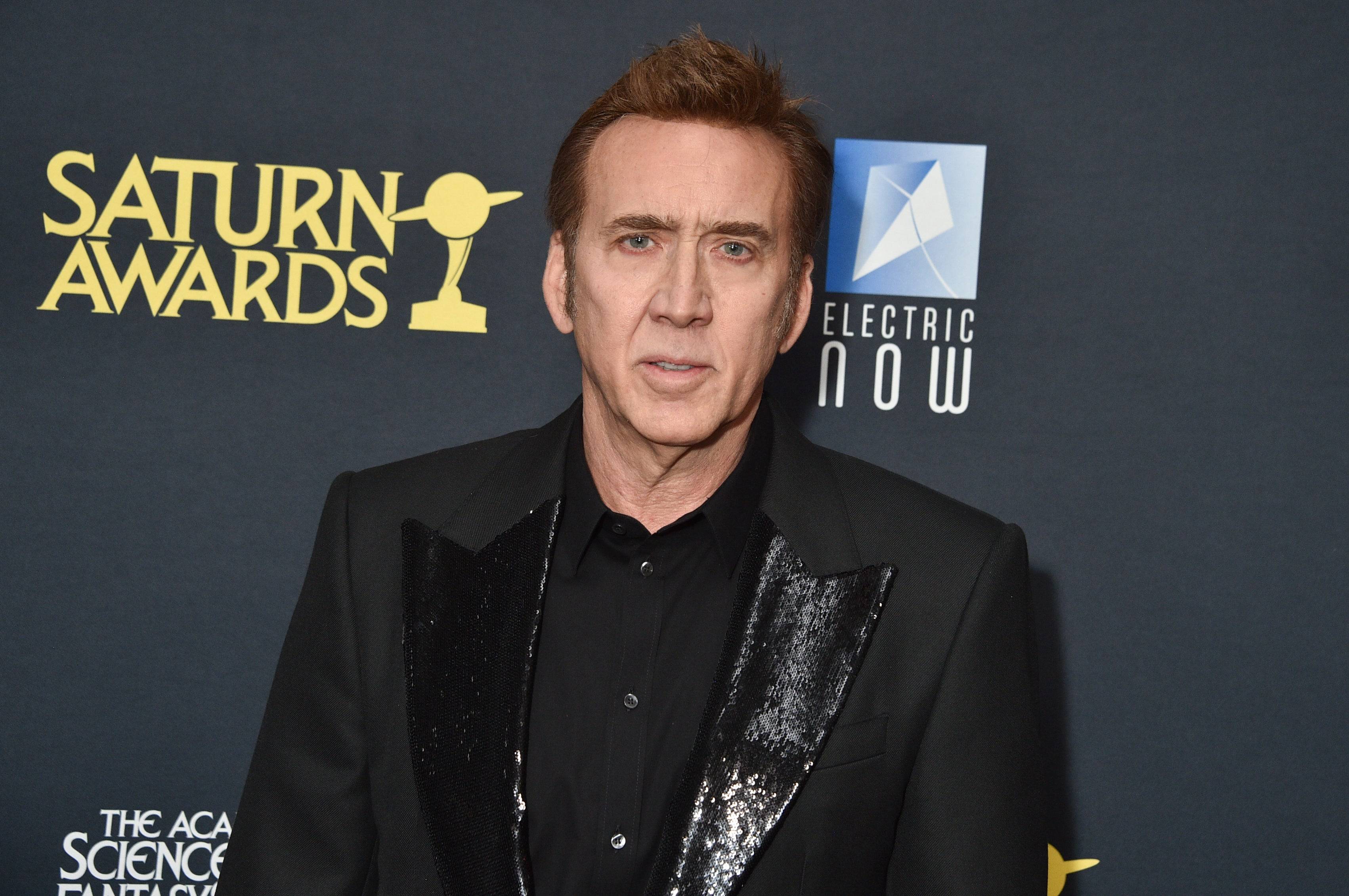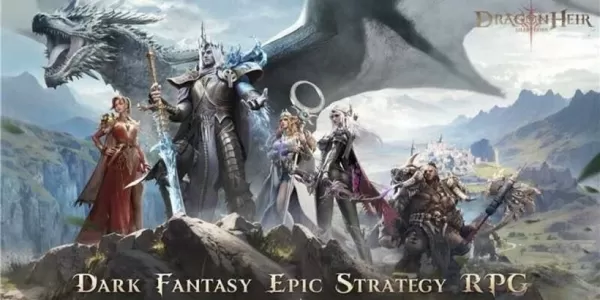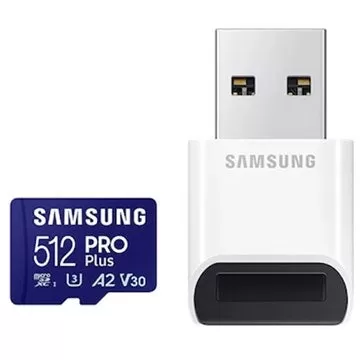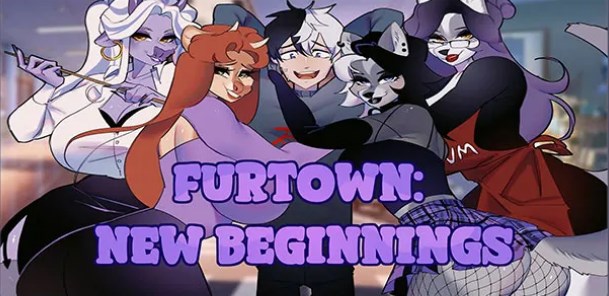Nicolas Cage has taken a firm stance against the use of artificial intelligence (AI) in acting, warning that any actor who allows AI to alter their performance is heading towards "a dead end." Cage believes that "robots cannot reflect the human condition," a sentiment he shared after winning the best actor award for his role in Dream Scenario at the Saturn Awards.
During his acceptance speech, Cage expressed gratitude to director Kristoffer Borgli for his multifaceted contributions to the film but quickly shifted focus to the broader implications of AI in the arts. "I am a big believer in not letting robots dream for us," Cage declared. He emphasized that allowing AI to manipulate an actor's performance, even minimally, could lead to a slippery slope where "all integrity, purity, and truth of art will be replaced by financial interests only."
Cage's view on art's purpose is clear: it should serve as a mirror to the human condition, capturing the external and internal stories through a thoughtful and emotional process that only humans can achieve. He warned that if robots take over this role, art would lose its heart and edge, becoming devoid of genuine human response and turning into "life as robots tell us to know it." He urged actors to protect themselves from AI's interference in their authentic expressions.
 Nicolas Cage isn't alone in his concerns about AI. The voice acting community has been particularly vocal, with actors like Ned Luke from Grand Theft Auto 5 and Doug Cockle from The Witcher speaking out against AI's use in their field. Luke criticized a chatbot that replicated his voice, while Cockle described AI as "inevitable" but "dangerous," echoing worries about the loss of income for voice actors.
Nicolas Cage isn't alone in his concerns about AI. The voice acting community has been particularly vocal, with actors like Ned Luke from Grand Theft Auto 5 and Doug Cockle from The Witcher speaking out against AI's use in their field. Luke criticized a chatbot that replicated his voice, while Cockle described AI as "inevitable" but "dangerous," echoing worries about the loss of income for voice actors.
In the filmmaking world, opinions on AI vary. Tim Burton has labeled AI-generated art as "very disturbing," aligning with Cage's sentiments. In contrast, Zack Snyder, known for directing Justice League and Rebel Moon, advocates for embracing AI rather than resisting it, suggesting that filmmakers should not remain passive in the face of technological advancements.








